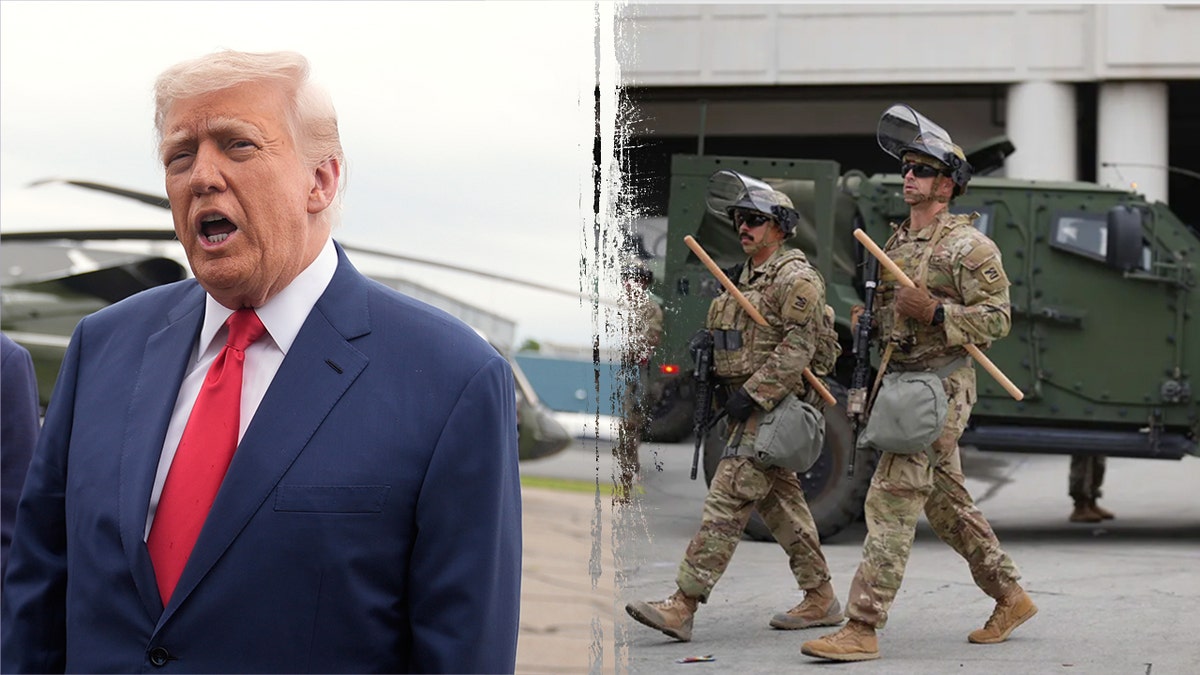In a move critics call unprecedented and dangerous, President Donald Trump announced over the weekend that he has ordered the U.S. military to deploy to Portland, Oregon, with authorization to use “full force, if necessary,” to protect Immigration and Customs Enforcement (ICE) facilities. The declaration, made via social media, has ignited fierce backlash from state leaders, civil rights advocates, and ordinary residents who fear the president is weaponizing the military against American citizens.
“No Need for Troops”
Portland Mayor Keith Wilson blasted Trump’s decision, saying, “The number of necessary troops is zero.” Oregon Governor Tina Kotek echoed that sentiment, emphasizing in a press conference that “there is no insurrection, there is no threat to national security, and there is no need for military troops in our major city.”
Data backs up their claims. Violent crime in Portland has actually fallen in 2025, with homicides cut by more than half compared to last year. Yet, despite the relative calm, the president insists the city is “war ravaged” and under siege by “domestic terrorists.”
Echoes of 2020
For many, the situation feels like déjà vu. In 2020, Trump sent federal officers into Portland during the George Floyd protests. The intervention escalated tensions and led to months of violent clashes downtown. U.S. Senator Ron Wyden accused Trump of replaying that same “2020 playbook,” warning that the move is designed not to restore order but to provoke conflict.

The Antifa Narrative
At the heart of Trump’s justification is his long-running crusade against “antifa,” the loosely organized anti-fascist movement. Last week, he signed an executive order designating antifa a domestic terrorist organization, despite U.S. law enforcement confirming that no terror incidents in America have ever been linked to the group. Trump portrays antifa as “professional agitators,” pointing to a handful of violent incidents in Portland’s past, including the 2020 killing of Patriot Prayer member Aaron Danielson by an antifa supporter.
Critics argue that branding antifa as terrorists is a political stunt meant to stoke fear and rally his base, not a reflection of any real threat.

What Does “Full Force” Mean?
Perhaps most alarming to observers is Trump’s vague but menacing language. His promise that troops could use “full force” leaves open the possibility of lethal action against U.S. citizens. The Pentagon has not clarified whether the deployment will involve National Guard, active-duty military, or a mix of both.
Civil rights advocates argue that unleashing soldiers against protesters—many of them peaceful—sets a dangerous precedent. “This is how democracies slide into authoritarianism,” said one analyst.
A Country Divided
While Portland officials plead for calm, Trump’s supporters applaud the move as necessary to protect federal property and ICE personnel. DHS spokesperson Tricia McLaughlin told Fox News: “We’re not going to put up with it. This administration is not playing games.”
The clash over Portland illustrates a deeper divide in America: one side sees Trump as a defender of law and order; the other views him as a president willing to trample civil liberties for political gain.
For now, the streets of Portland remain tense. What happens next may determine not only the future of one city but also the boundaries of presidential power in America.





